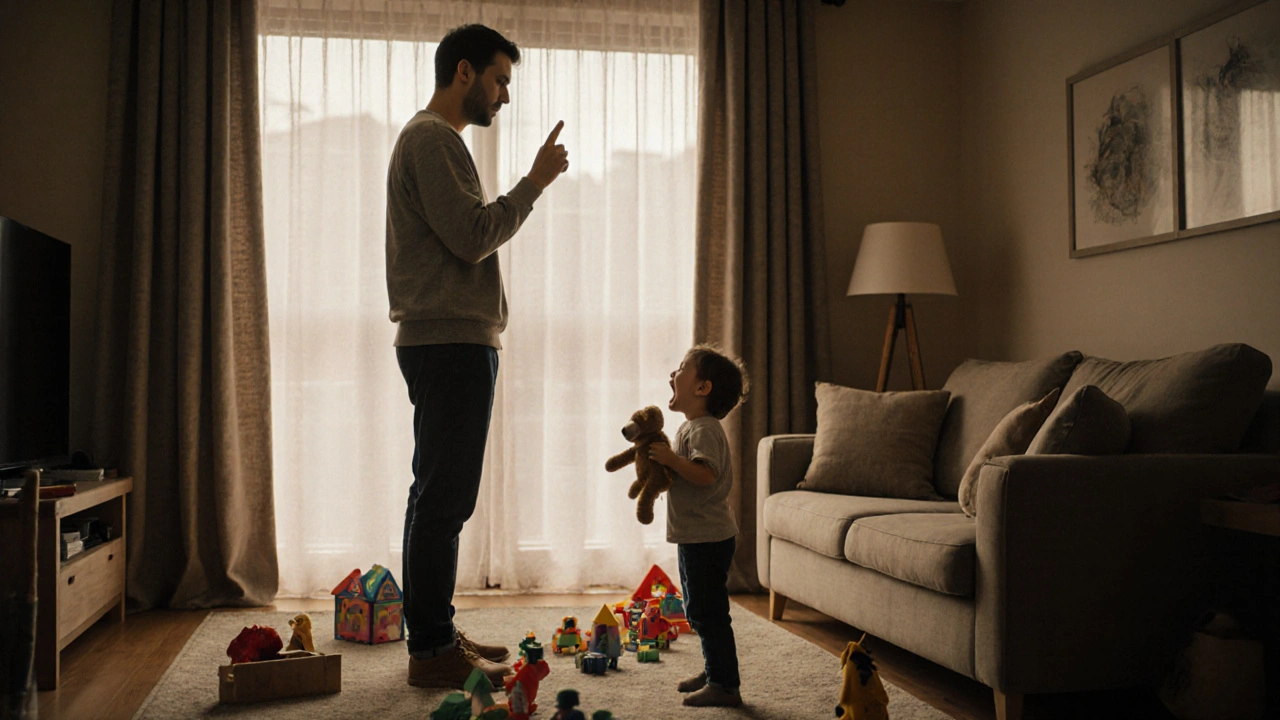Calm Parenting: How to Stay Peaceful and Effective with Your Kids
When you hear calm parenting, a style of raising children that prioritizes emotional regulation, patience, and connection over punishment or control. Also known as mindful parenting, it doesn't mean never getting angry—it means choosing how you respond when things fall apart. Most parents think they need to be louder, stricter, or faster to keep control. But the real magic happens when you slow down, breathe, and stop reacting like your kid’s meltdown is a crisis that needs fixing right now.
Emotional regulation, the ability to manage your own feelings before responding to your child’s behavior is the foundation. It’s not about ignoring your frustration—it’s about letting it pass without letting it drive your words or actions. When your toddler throws a tantrum in the grocery store, your instinct might be to yell, shame, or rush them out. But calm parenting asks: What’s really happening here? Is this about hunger? Overstimulation? A need for connection? The answer changes everything.
And it’s not just about stopping yelling. Stress-free parenting, a mindset that reduces pressure on both parent and child by focusing on consistency, presence, and empathy means letting go of the idea that every moment must be productive, perfect, or quiet. It’s okay if dinner is late. It’s okay if the house is messy. It’s okay if your kid cries for 20 minutes before bedtime. What matters is that they feel safe, seen, and understood. That’s the kind of environment where real learning, trust, and emotional growth happen.
You won’t find magic formulas in calm parenting. No five-step plan that works every time. What you will find are real strategies—like pausing before speaking, naming your own feelings out loud, and giving your child space to feel big emotions without rushing to fix them. These aren’t tricks. They’re habits. And like any habit, they get easier with practice.
The posts here don’t promise perfection. They show you how real parents—just like you—use mentalism techniques to read their kids’ unspoken needs, how simple magic tricks can redirect attention during meltdowns, and how everyday moments become opportunities to build connection instead of conflict. You’ll see how breathing techniques mirror the misdirection used in card tricks, how silence can be more powerful than shouting, and why saying "thank you" after a tough moment can reset the whole mood.
This isn’t about being a better parent. It’s about being a calmer one. And that starts not with changing your child—but with changing how you show up for them.

What Are the Rules of 1-2-3 Magic? A Simple Guide for Parents
- by Conni Mendiburu
- on 6 Nov 2025
1-2-3 Magic is a proven parenting method that uses simple counting and time-outs to reduce tantrums and defiance. Learn the three rules, how to do time-outs right, and why this calm approach works better than yelling.
